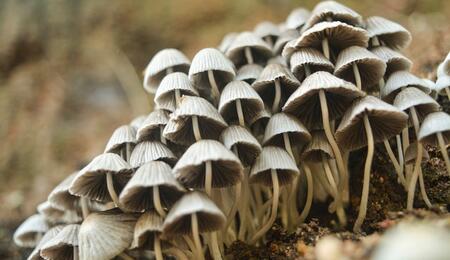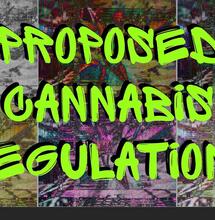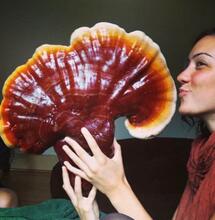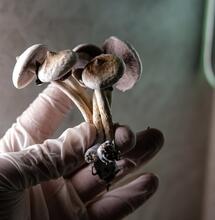Seattle decriminalises "magic Mushrooms"

Seattle has just become the largest city to relax its rules and decriminalise psilocybin and similar substances.
Police will make it among their lowest priorities to arrest or prosecute anyone using "entheogens" or drugs like psilocybin and ayahuasca. Psilocybin, also known as magic mushrooms, is still classified as a Schedule I drug by the federal government.
Seattle is now the ninth U.S. city to relax rules surrounding psychedelics in recent years. They join Denver, Michigan, Washington and Ann Arbor, to name a few. Oregon became the first state to legalise psilocybin in 2020 for therapeutic use.
Seattle City Council member Andrew Lewis sponsored the move and has said that it was the first step in the city's move forward in changing its drug policies.
Speaking before the vote, he said, "There's a huge potential for these substances to provide cutting-edge treatments for substance abuse, recovery from brain injuries and other issues."
The changes come as psilocybin and similar drugs have become favoured by researchers and the public as an alternative to more traditional mental health treatments.
Some high-profile advocates are now lobbying for a federal change. On Monday, Mason Marks, the head of Harvard Law School's Project on "Psychedelics Law and Regulation", advocated for relaxing the laws concerning psychedelic drugs to see innovation in mental healthcare development.
In his article, published in the journal "Nature Medicine", Mr Marks points out that the current status of psilocybin makes it very difficult to obtain federal funding for research. This means that private companies currently fund most research and therefore shape public policy.
Under Schedule I, psilocybin finds itself in the same category as drugs like heroin. Marks believes that making it less restrictive would result in more inclusive clinical trials and unbiased regulatory review by the U.S. FDA (Food and Drug Administration). "Rescheduling is the best approach. It will solve many problems,"
The law change in Seattle will not, however, apply to ketamine, MDMA or LSD. These are psychedelic drugs that are often grouped with plant-based psychedelics. Despite the growing popularity of these manufactured psychedelics with researchers, investors and consumers, don't expect to see them decriminalised any time soon.
As similar as they may be to Psilocybin and Ayahuasca, in some respects, they do not meet the definition of "living, fresh, dried or processed plant or fungal material" applied to the decriminalisation of plant-based psychedelics.





